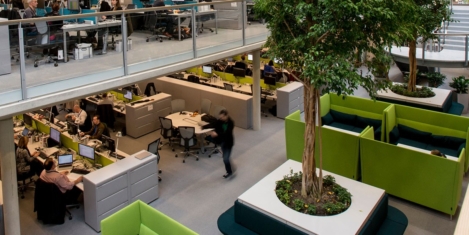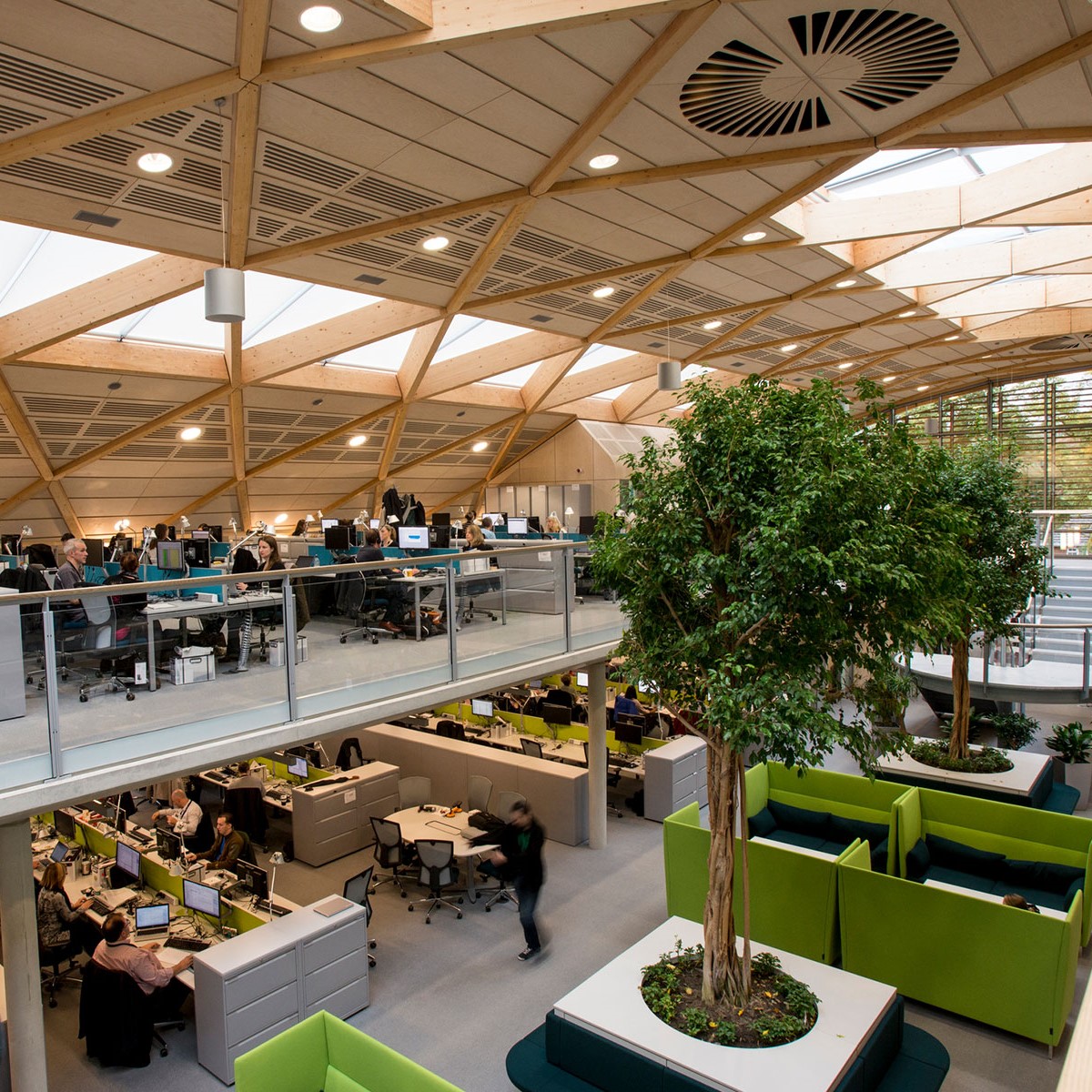To provide the best experiences, we use technologies like cookies to store and/or access device information. Consenting to these technologies will allow us to process data such as browsing behaviour or unique IDs on this site. Not consenting or withdrawing consent, may adversely affect certain features and functions.
The technical storage or access is strictly necessary for the legitimate purpose of enabling the use of a specific service explicitly requested by the subscriber or user, or for the sole purpose of carrying out the transmission of a communication over an electronic communications network.
The technical storage or access is necessary for the legitimate purpose of storing preferences that are not requested by the subscriber or user.
The technical storage or access that is used exclusively for statistical purposes.
The technical storage or access that is used exclusively for anonymous statistical purposes. Without a subpoena, voluntary compliance on the part of your Internet Service Provider, or additional records from a third party, information stored or retrieved for this purpose alone cannot usually be used to identify you.
The technical storage or access is required to create user profiles to send advertising, or to track the user on a website or across several websites for similar marketing purposes.
 A new survey concludes that three days a week in the office appears to be optimal for many people to optimise key aspects of workplace culture and performance. The report claims to provide empirical analysis into the impact that remote and hybrid working are having on employee experience, culture and productivity. The report commissioned by Ipsos Karian and Box is based on a survey of 1,400 full-time UK office workers. (more…)
A new survey concludes that three days a week in the office appears to be optimal for many people to optimise key aspects of workplace culture and performance. The report claims to provide empirical analysis into the impact that remote and hybrid working are having on employee experience, culture and productivity. The report commissioned by Ipsos Karian and Box is based on a survey of 1,400 full-time UK office workers. (more…)















 Workforces need to evolve now more than ever.
Workforces need to evolve now more than ever. 


















July 12, 2023
Generations in the workplace: setting the record straight
by Jo Sutherland • Comment, Workplace